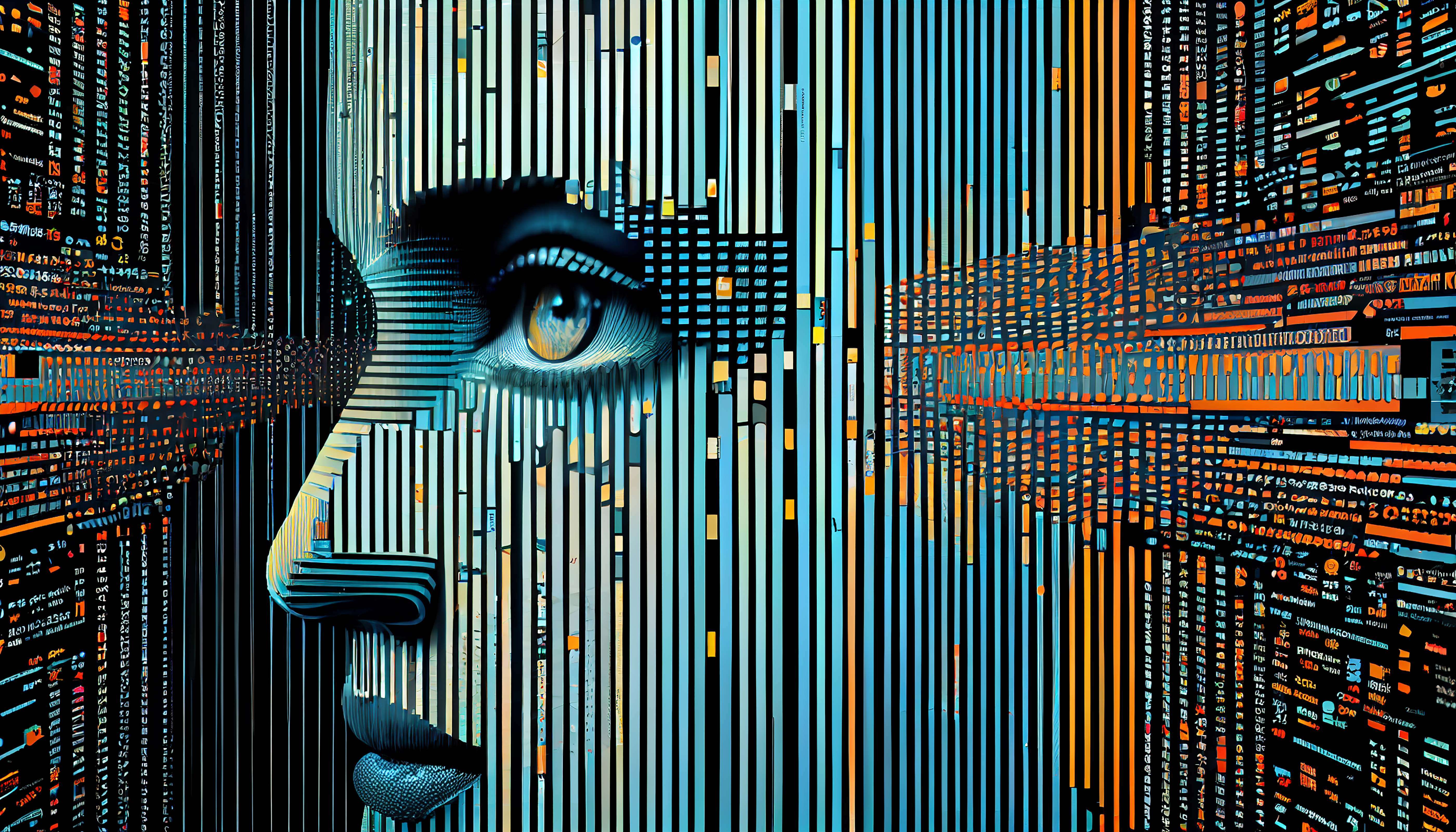Artificial Intelligence (AI) has come a long way in recent years and is rapidly changing the world as we know it. AI is already transforming industries like healthcare, finance, and manufacturing, and it is poised to have an even greater impact in the future. However, as with any new technology, AI comes with its own set of opportunities and challenges. In this article, we will explore some of the ways AI is changing the world and the challenges that lie ahead.
Opportunities
One of the biggest opportunities presented by AI is the ability to improve efficiency and productivity. AI algorithms can analyze vast amounts of data much faster and more accurately than humans, allowing companies to make better decisions in less time. For example, AI can be used to optimize supply chains, reducing costs and increasing efficiency.
Another opportunity presented by AI is its ability to automate tasks that are dangerous or difficult for humans to do. For example, AI-powered drones can be used to inspect power lines and other infrastructure, reducing the risk of injury to human workers. Similarly, AI can be used to identify and diagnose medical conditions, helping doctors make more accurate diagnoses and develop more effective treatment plans.
AI also has the potential to improve our daily lives in countless ways. For example, AI-powered personal assistants like Siri and Alexa can help us manage our schedules, order groceries, and even control our smart homes. AI-powered chatbots can provide customer service and support, making it easier for businesses to provide 24/7 support without the need for human operators.
Challenges
Despite the many opportunities presented by AI, there are also significant challenges that need to be addressed. One of the biggest challenges is the potential impact on employment. As AI automates more tasks, there is a risk that many jobs will become redundant. While new jobs may be created in the field of AI, there is a risk that many people will be left without work.
Another challenge is the potential for AI to be used for malicious purposes. For example, AI algorithms could be used to create fake news or deepfake videos, which could be used to spread misinformation and cause harm. Similarly, AI-powered autonomous weapons could be used to carry out attacks without human intervention, raising ethical and moral concerns.
Privacy and security are also major challenges when it comes to AI. As AI algorithms analyze vast amounts of data, there is a risk that personal information could be compromised. For example, AI-powered facial recognition systems could be used to track people's movements without their consent, raising concerns about surveillance and privacy.
Finally, there is a risk that AI could exacerbate existing biases and inequalities. AI algorithms are only as good as the data they are trained on, and if that data is biased or incomplete, the algorithms will produce biased results. This could lead to discrimination and exacerbate existing social and economic inequalities.
Conclusion
AI is transforming the world in countless ways, presenting both opportunities and challenges. While AI has the potential to improve efficiency, productivity, and our daily lives, it also presents significant challenges in terms of employment, malicious use, privacy and security, and bias and inequality. To ensure that AI is used for the greater good, it is important that we address these challenges and work towards a future where AI is used to benefit everyone.



